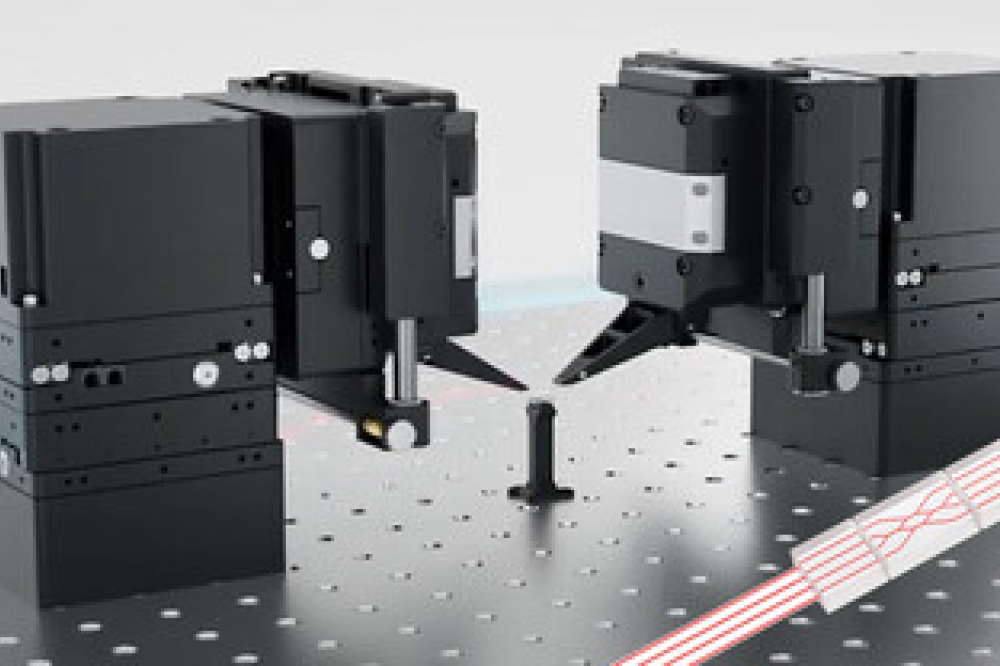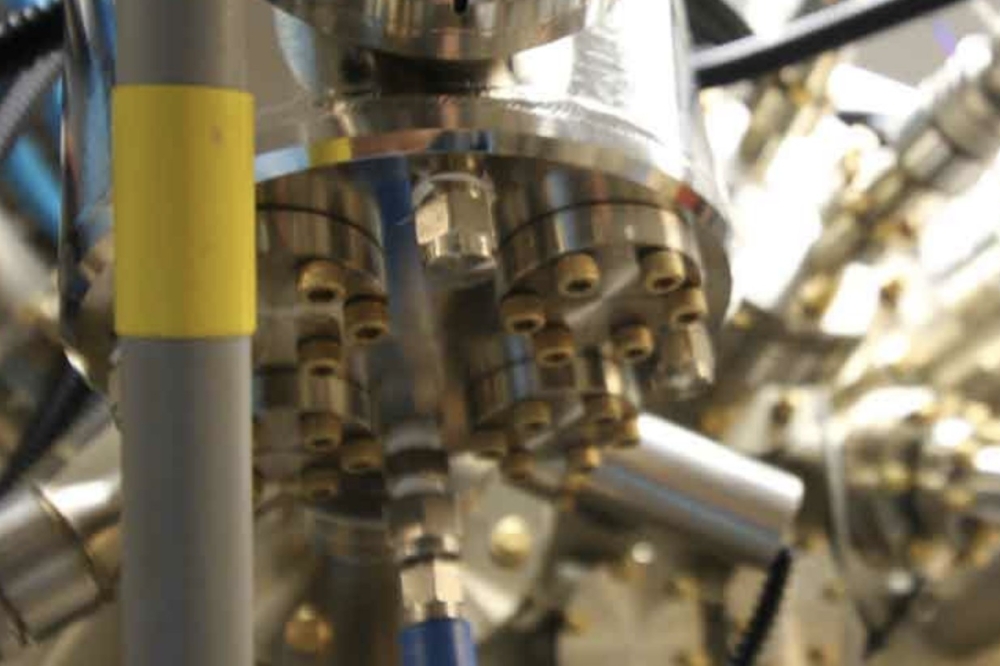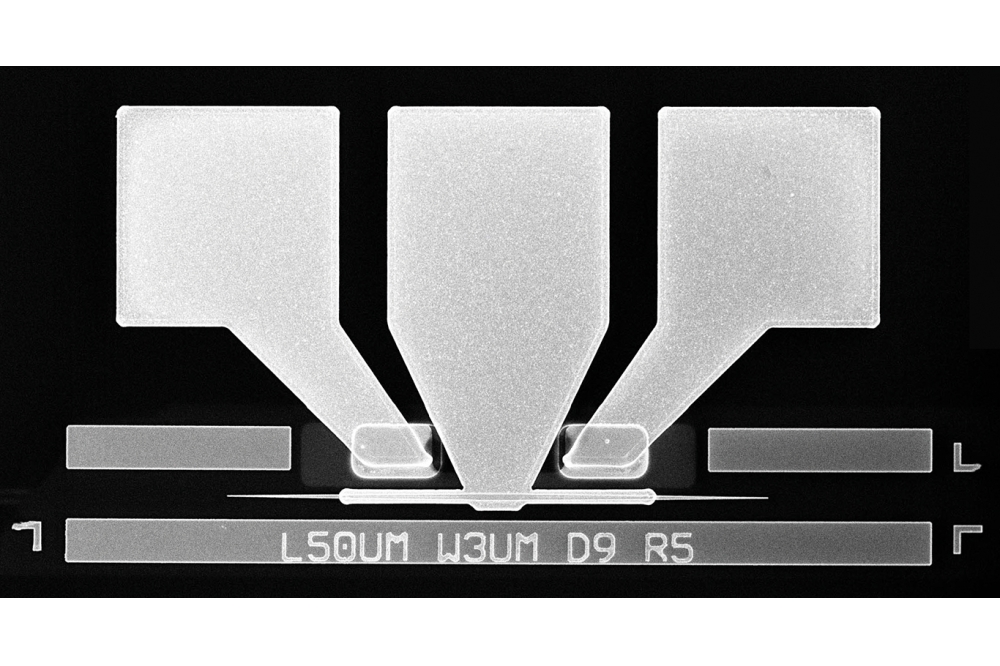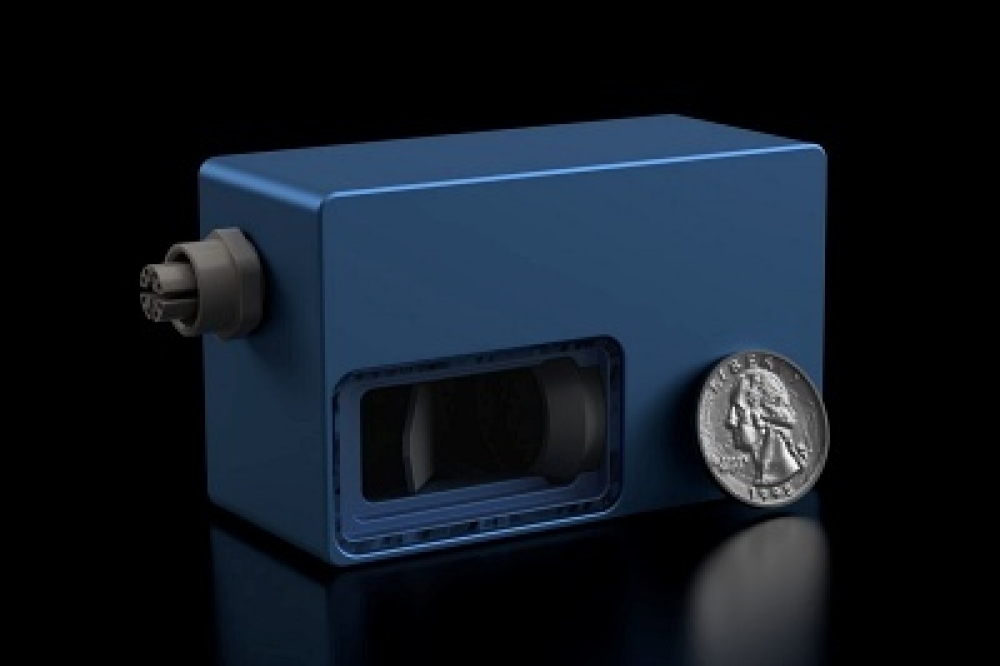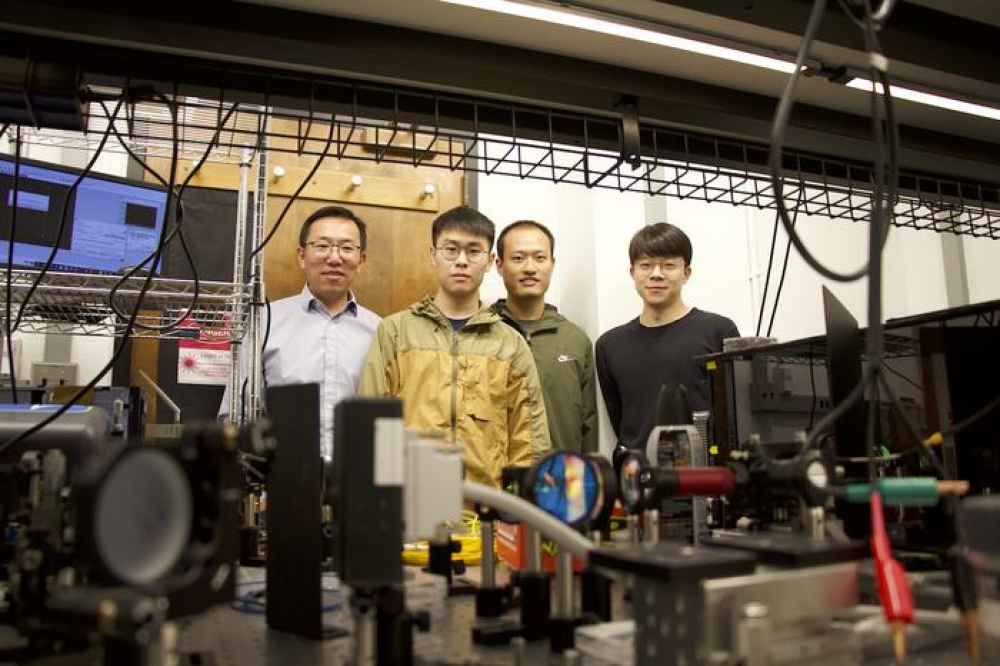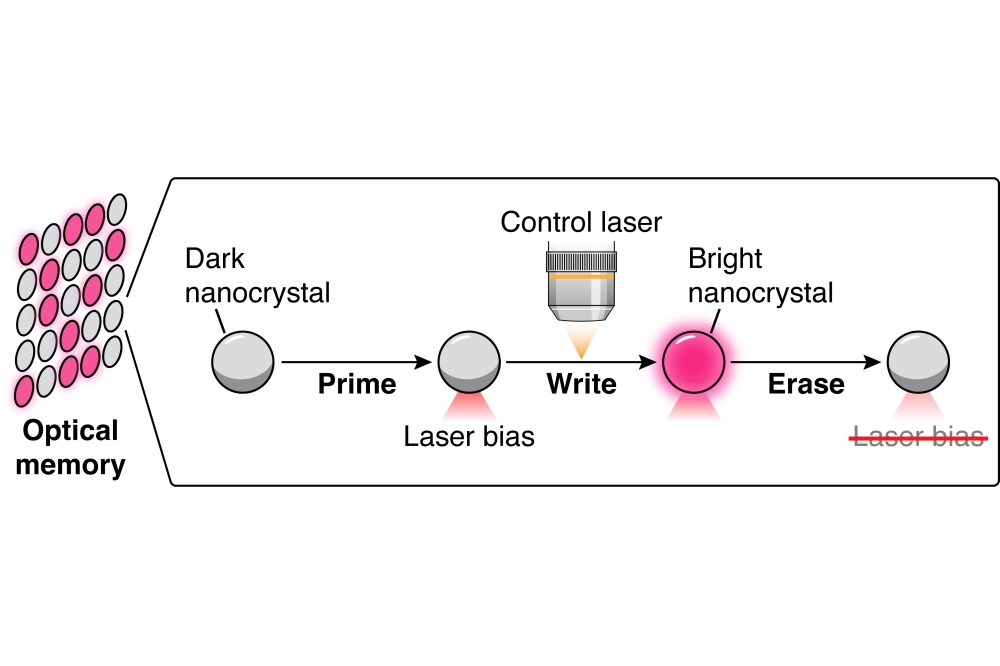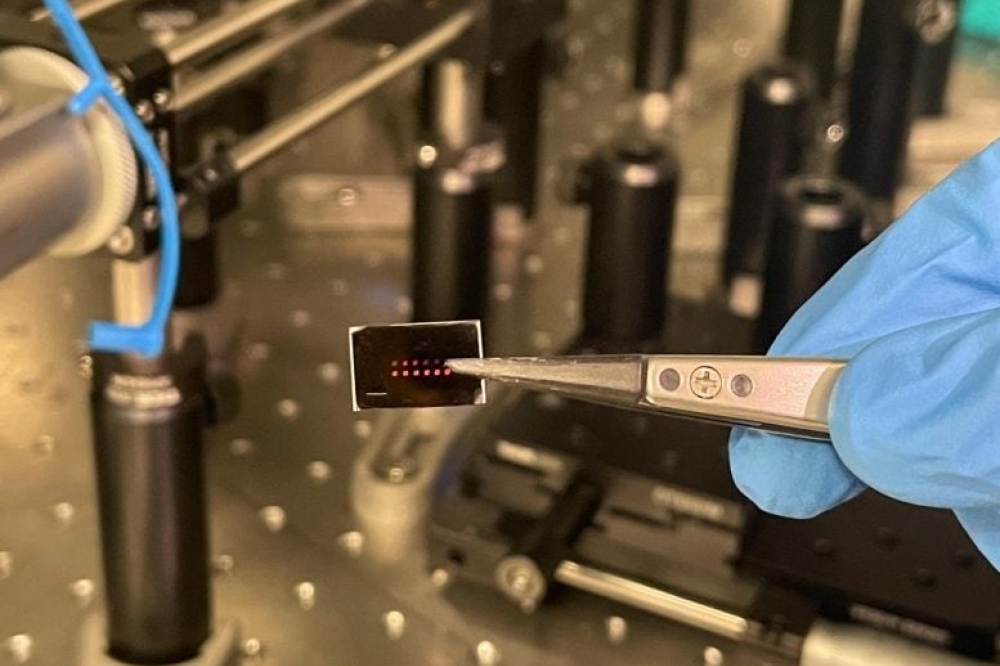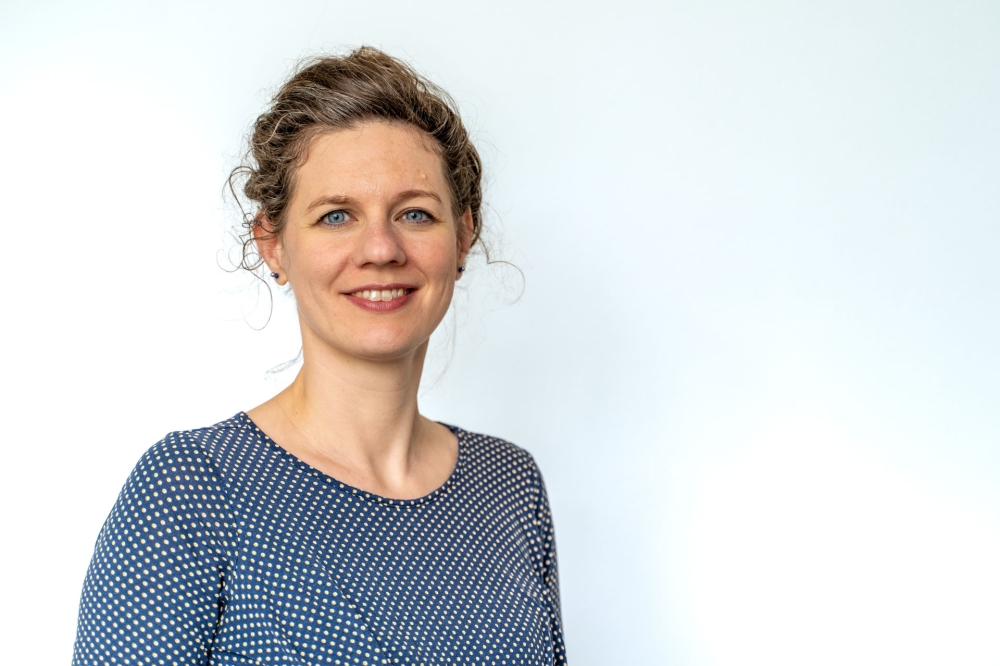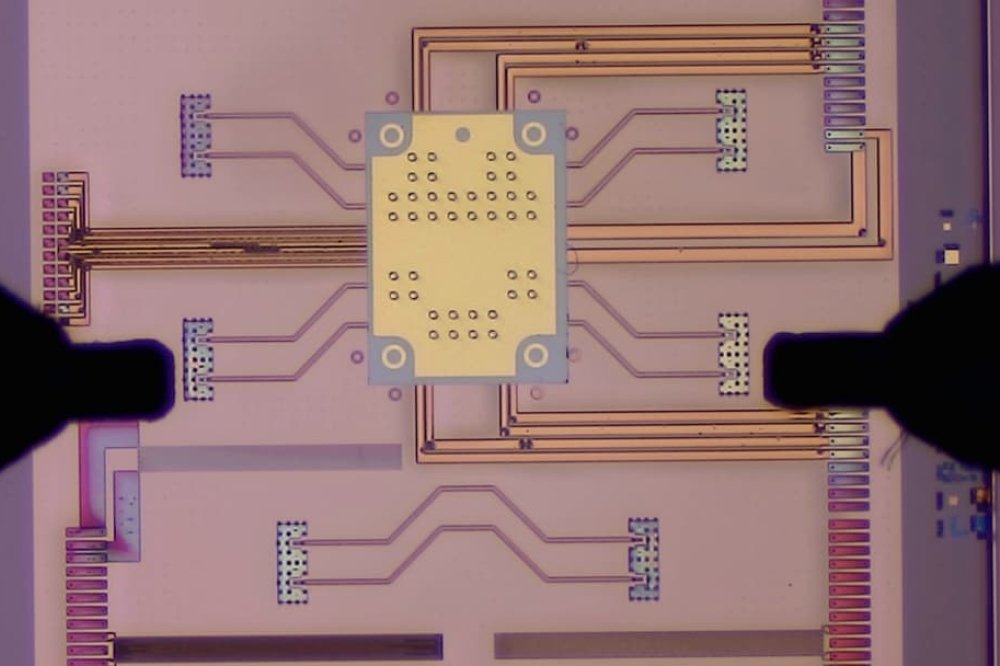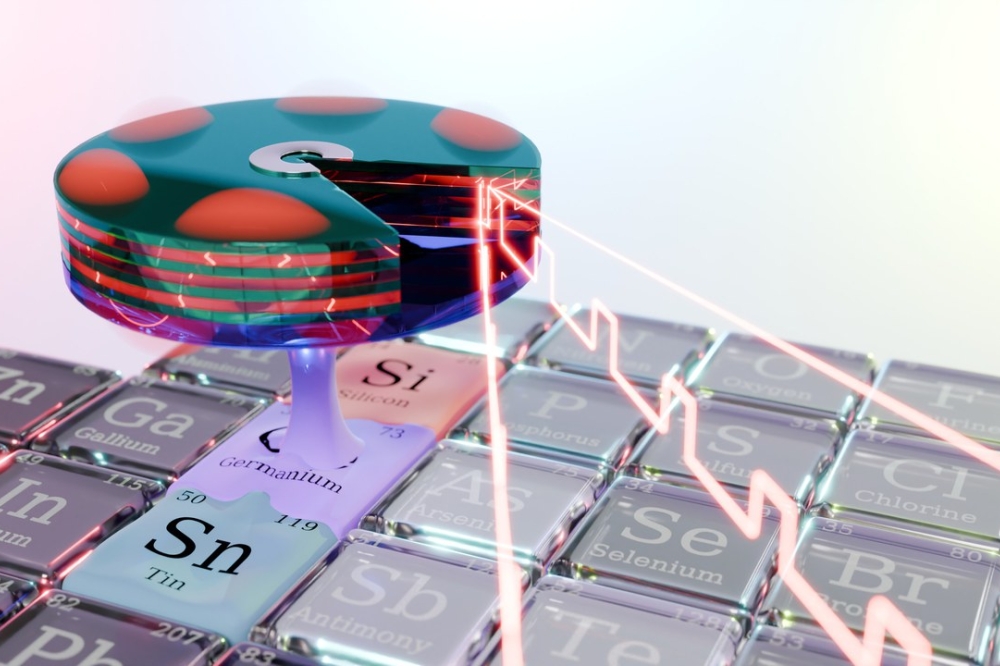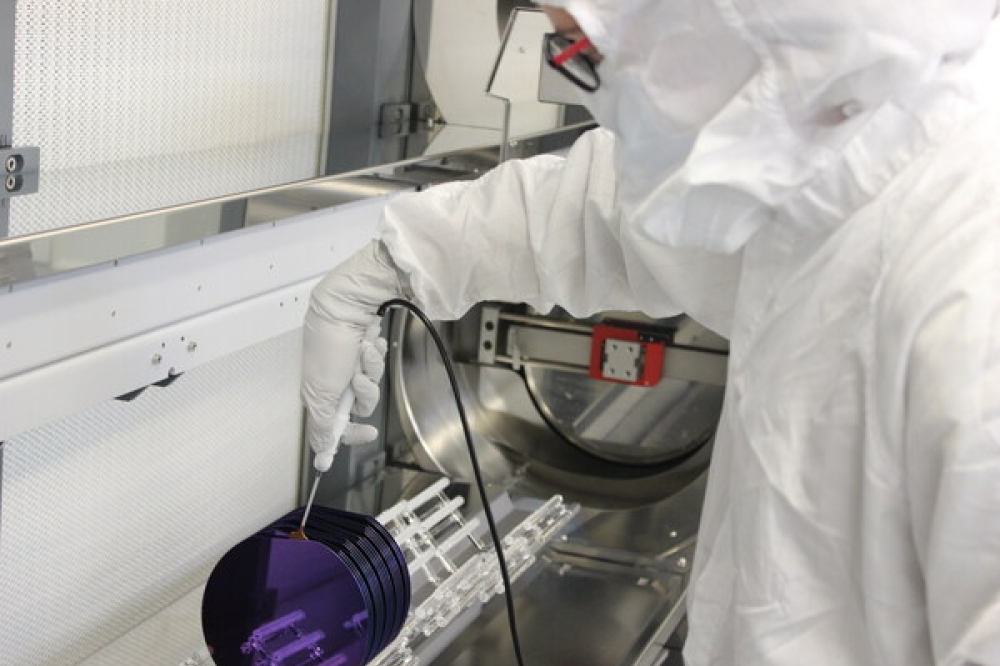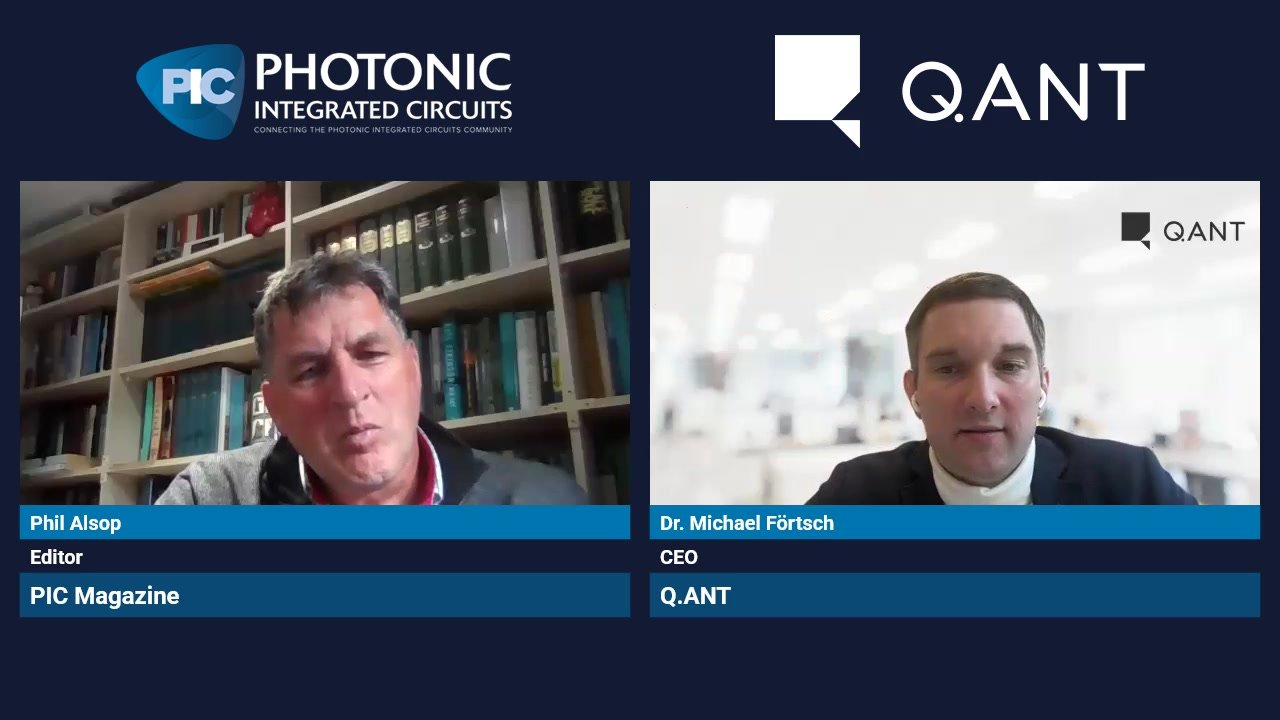QLASS consortium wins €6 million for glass-based quantum PICs

The European Commission is funding the project, which aims to advance quantum photonics with the technique of femtosecond laser writing to fabricate 3D waveguides within glass specifically developed for optimal photonic performance
The QLASS project, which focuses on advancing Quantum Photonic Integrated Circuits (QPICs), has secured €6 million in funding from the European Commission. The initiative is led by a consortium coordinated by Politecnico di Milano, and includes the following partners: CNRS-Institut Charles Gerhardt Montpellier, Ephos, Fondazione Politecnico di Milano, Pixel Photonics, Quantum Lab in Sapienza Università di Roma, Schott AG, Unitary Fund France, and Université de Montpellier.
QPICs are specialised devices that leverage the properties of light and quantum mechanics to execute complex tasks in fields such as quantum computing, communication, and sensing. By integrating multiple photonic components, such as waveguides, beam splitters and detectors, onto a single chip, QPICs offer a scalable solution for manipulating quantum states of light with high precision. These circuits hold the potential to significantly reduce the size, cost, and complexity of quantum systems, paving the way for real-world applications.
However, the development of QPICs is currently limited by challenges such as photon loss, scalability issues, fabrication complexity, and imperfect photon sources. The QLASS project aims to tackle these challenges head-on. To address the limitations of current QPIC technology, QLASS plans to employ femtosecond laser writing to fabricate 3D waveguides within glass specifically developed for optimal photonic performance, significantly reducing losses. Additionally, the project intends to incorporate high-performance single-photon sources, superconducting nanowire single-photon detectors (SNSPDs), and advanced electronics capable of programming the whole system. Lastly, the team says they will develop software to compile quantum programmes onto the special QPIC processors.
A principal use case of the QLASS project is modelling complex systems and materials. According to QLASS, the project will pave the way to the design of new materials and technologies for lithium-ion batteries, aiming to improve their capacity, efficiency, and cyclability, which are crucial in meeting the European Union's technological and sustainability goals. The project also aims to bring significant advancements to the development of QPIC technology and contribute to progress in glass development and novel SNSPD processes. It is hoped that these breakthroughs will benefit the broader quantum technology community and enable new quantum devices with performance levels far beyond the current platforms.
“The QLASS project holds the potential for establishing a new path in quantum computing research,” said Giulia Acconcia from Politecnico di Milano, coordinator of QLASS. “By exploiting various technologies, each one specifically developed to optimise one aspect of quantum processing, and yet pursuing a high level of integration, QLASS will show a viable approach to achieving extremely high performance in a compact scalable circuit. QLASS’ synergy between platform and algorithms development can affect both the research and the market in many application areas, such as quantum information and metrology.”



